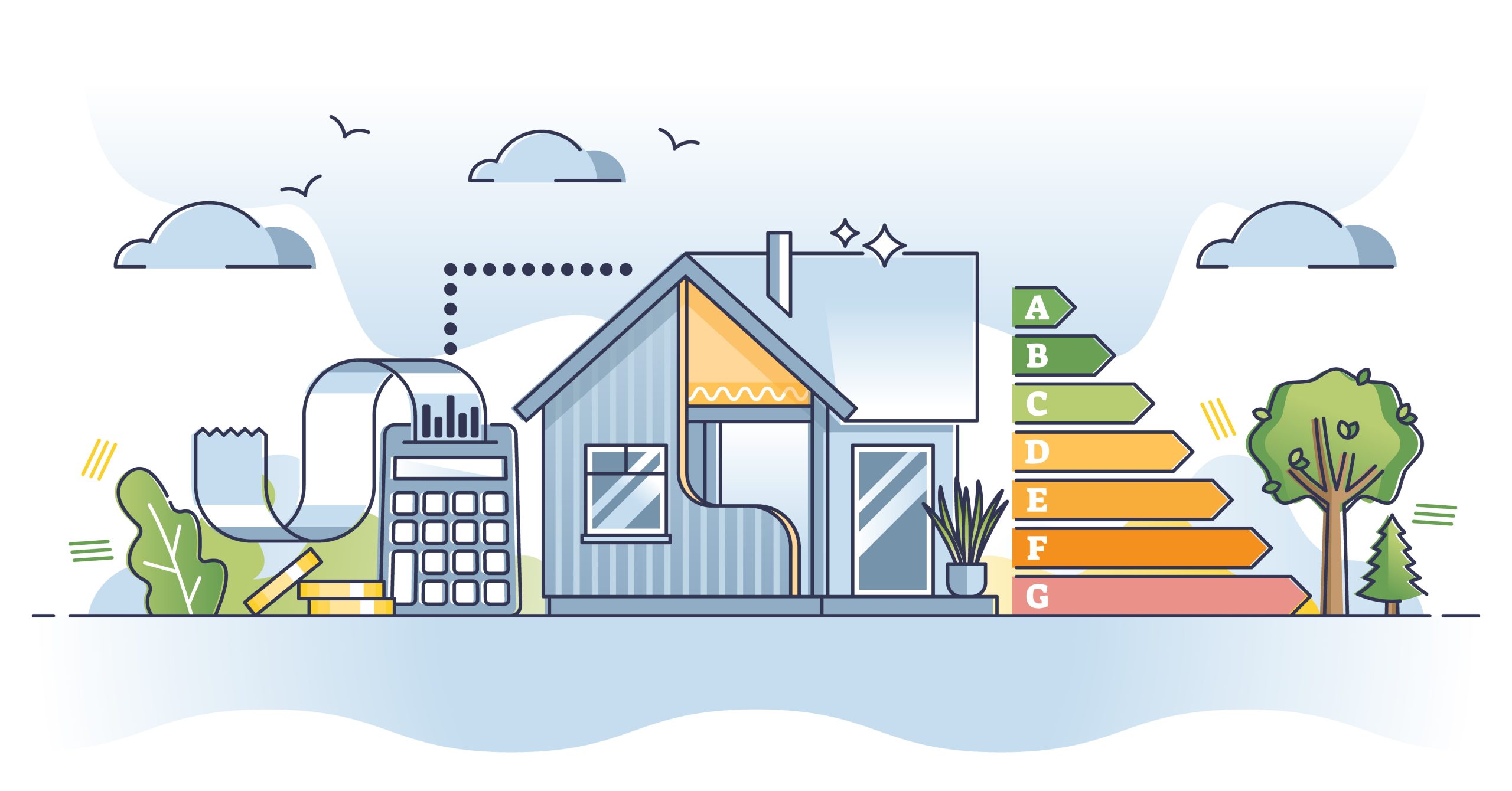What is SAP?
SAP 10 (Standard Assessment Procedure) is the latest version of the UK Government’s official method for calculating the energy performance of residential buildings.
It calculates this by assessing key factors of the home, such as heating, hot water, insulation, ventilation, and lighting, all in order to produce an energy rating.
These ratings are essential for compliance with Building Regulations and for issuing EPCs (Energy Performance Certificates), a legal requirement when owning, selling or renting a home.
If your home is not energy efficient, you will have a low SAP score and are likely to have higher housing costs.
Higher SAP scores mean greater energy efficiency, which translates to lower running costs and stronger sustainability credentials.

SAP Vs RdSAP
RdSAP stands for Reduced Data Standard Assessment Procedure and is a simplified version of the SAP (Standard Assessment Procedure). The core difference:- SAP is an extensive report requiring vast, comprehensive building data. Commonly used for new home builds.
- RdSAP is a less invasive report that can be carried out quickly and is more commonly used for existing buildings.


